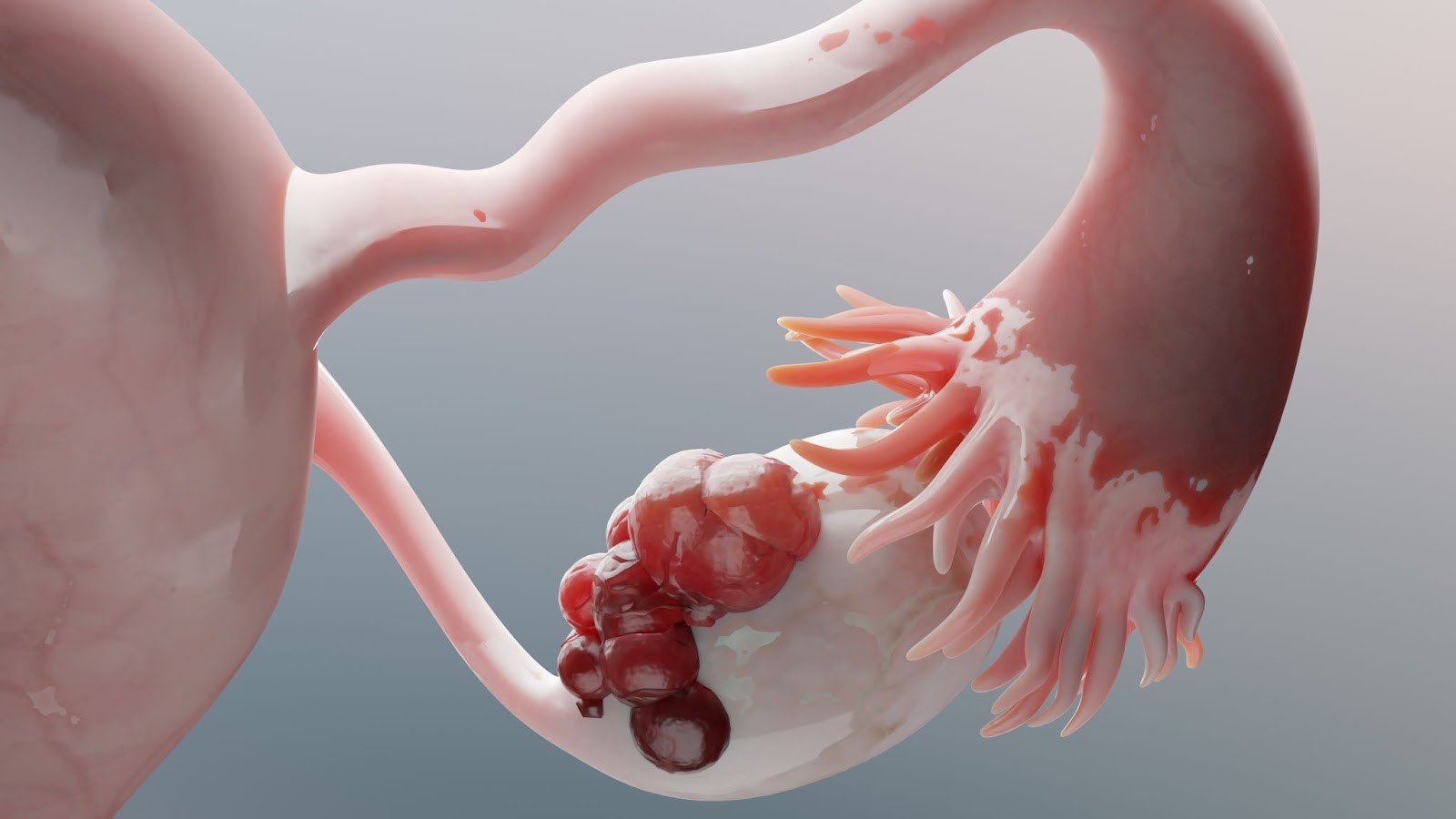The Heart Test Every Woman Should Know: The Coronary Artery Calcium (CAC) Score
Heading into Heart Health Month, there’s one heart test women over 50 should know. The CAC score offers an early peak into cardiovascular risk.
%20Score.jpg)
As we prepare to enter February, which is Go Red for Women Month for Heart Disease Awareness, I wanted to share some truly life-saving information about a vastly underutilized test for women—the Coronary Artery Calcium (CAC) score. As the daughter of a cardiologist, heart disease was quite literally dinner table conversation when I was growing up. Yet, many people don’t realize that heart disease is the number one cause of death among both women and men.
Today, it’s on the Ajenda, and my Dose of Honesty focuses on a test you need to know about.
A Coronary Artery CT scan measures the amount of calcium deposits in the arteries of the heart. The test takes approximately 20-30 minutes, involves a small amount of radiation exposure, and requires an IV contrast injection. Additionally, a medication to slightly slow the heart rate is administered. Otherwise, it is a quick, easy, and painless test. Recent studies have provided valuable insights into the role of CAC testing in assessing cardiovascular risk among women over 50.
Key Insights:
- Prevalence of CAC in Postmenopausal Women: Research shows that coronary artery calcification often becomes detectable around age 50. A study found that among postmenopausal women (average age 62), 57% had a CAC score of 0. However, over a six-year period, 36% of these women developed new CAC, highlighting the progression of coronary calcification with age.
- CAC Score and Mortality Risk: The CAC score is a significant predictor of cardiovascular disease (CVD) mortality. A CAC score of 0 is associated with a low risk of CVD-related death. However, as the score increases, so does the risk. For example, a CAC score of 115 at age 50 correlates with a higher risk of CVD mortality compared to cancer mortality.
- Impact of Hormone Therapy: The Women’s Health Initiative found that estrogen therapy in postmenopausal women was associated with lower mean CAC scores compared to placebo, suggesting a potential protective effect against coronary calcification.
Actionable Takeaways:
- Consider CAC Testing: Women over 50, especially those with risk factors such as hypertension, high cholesterol, or a family history of heart disease, should discuss the potential benefits of CAC testing with their healthcare provider.
- Monitor and Manage Risk Factors: Maintaining a healthy lifestyle by managing blood pressure, cholesterol levels, and avoiding smoking can help slow the progression of coronary artery calcification.
- Evaluate Hormone Therapy: Postmenopausal women should consult their healthcare providers about the risks and benefits of hormone therapy in relation to heart health.
Resources for Women Interested in CAC Testing:
- American Heart Association: Comprehensive information on heart disease in women and the role of CAC testing.
- Mayo Clinic: Detailed explanations of CAC scoring and what the results may indicate.
- Society of Cardiovascular Computed Tomography: Resources to locate CAC testing facilities and learn more about the procedure.
One of the greatest values of CAC testing is its role in determining whether a statin is necessary based on LDL cholesterol levels. For example, if your LDL is 130 (normal is less than 100) and your CAC score is 0, focusing on diet and exercise may be sufficient. However, if your LDL is 130 and your CAC score is elevated, a statin may be recommended in addition to lifestyle changes, warranting a more aggressive approach.
At your next appointment with your primary care physician or cardiologist, ask about a CAC test. By staying informed and proactive, women over 50 can take charge of their cardiovascular health and make empowered decisions about their care.


